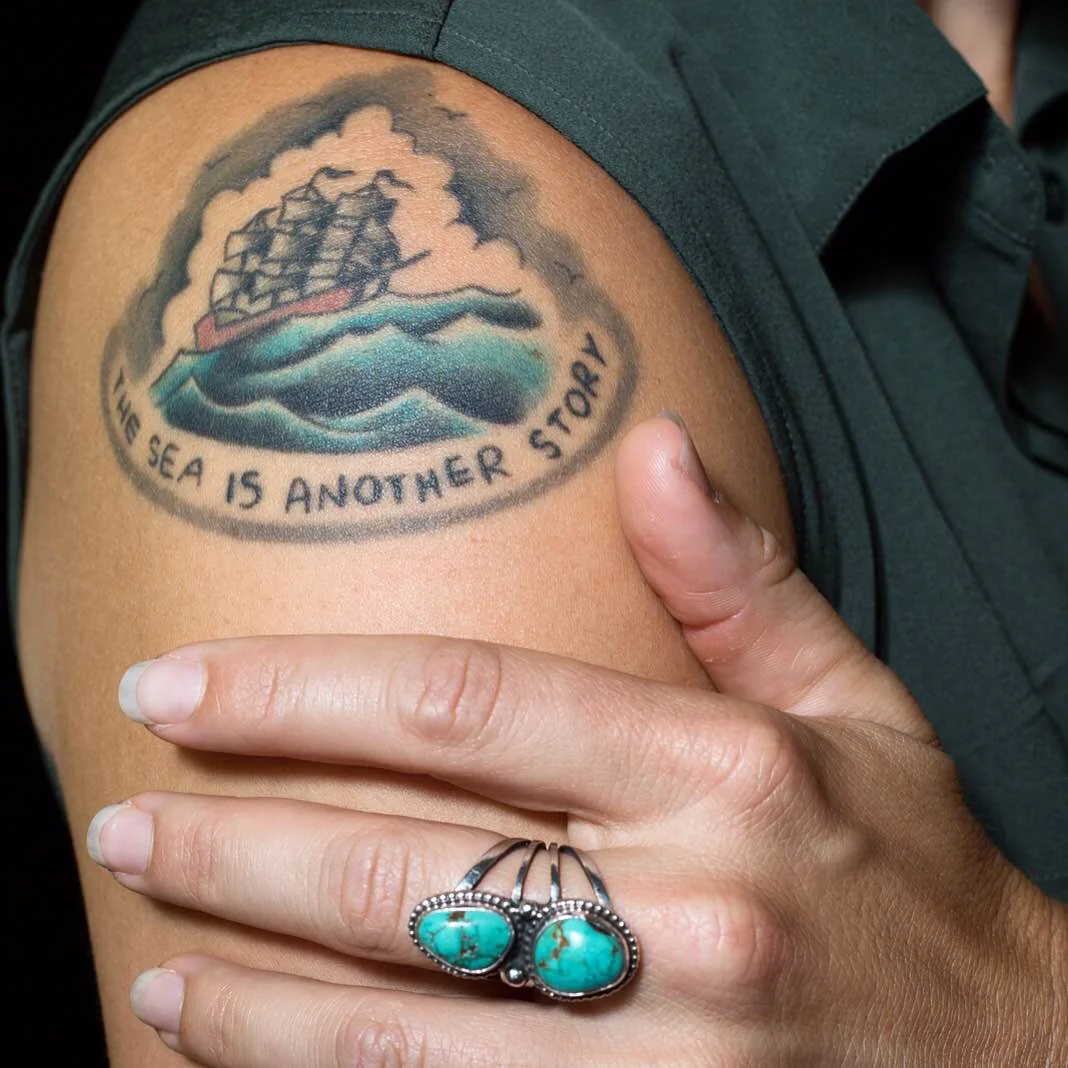Work-Life Balance: What It Is (And How To Do It)
/Do you believe your work takes priority over your self-care? Are you an activist bringing work home with you because of the imperative that "racism never sleeps" and "the system keeps working and so do you"? (Both true, except for that assumption at the end there.) Are you a tech professional who prefers to do the spreadsheets at home because you can concentrate better on the couch than you can at the office?
It makes me wonder if you might have been taught to value productivity over emotions. I also wonder, did you get the message that if you put your needs and your health first, you're selfish and weak? Were you told that the end result is more important than the path you take to get there? Complying with these messages might have served you in surviving your childhood, but they're probably also taking away from your enjoyment of adult life. If you're fixated and focused only on the deliverables, you will have a hard time letting play and relaxation into your life.
Read More








